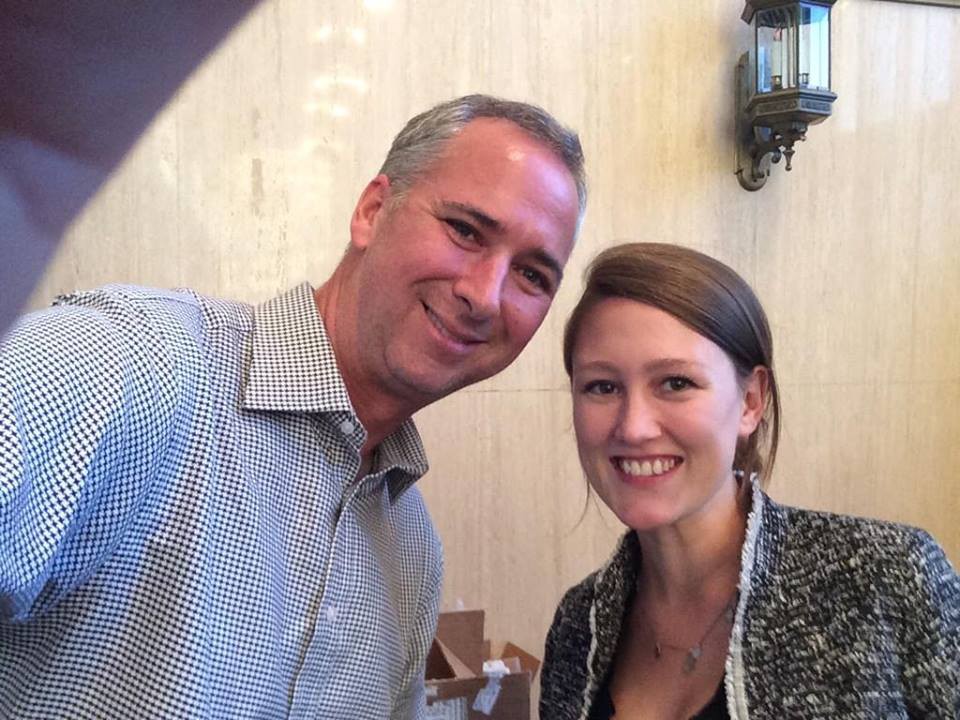There’s a software product that I used to use — great functionality, super useful — but which always had a really ugly interface. It functioned fine, but looked clunky, dated, and unprofessional.
This product was recently acquired by a larger company who made some tweaks and relaunched it. In just a few weeks they vastly improved the UI, turning the product from ugly and dated into a beautiful, modern piece of software.
These changes were largely cosmetic, which means all it took to make them happen was hiring a talented designer. There are thousands of people out there who have the skills to make these improvements.
Yet the original company never hired that person — even though they knew their interface was ugly. Even though this was one of the top complaints from customers!
So why did it finally happen? Why did a problem that stagnated for so long get solved so easily and quickly under new leadership?
Every founder has biases. Very strong biases as to what they think is important and how they think things should get done. This is not a bad thing! A strong, clear POV is a crucial element to staying focused in the face of the endless options of building a company.
BUT! These biases are going to come out in the company. And the more tightly the founder is involved in every decision, the more these biases will show — for better and for worse.
I’m a very marketing-focused founder. That’s my background; that’s the element that I believe is crucial to success. This shows in many ways at MeetEdgar (the fact that our marketing team is currently larger than our product team is probably my most obvious tell).
Having these kind of biases is crucial to creating a strategy, but you need to make sure that as a founder you haven’t ingrained your biases so deeply that there’s no room for improvement.
One of the most common pieces of advice I hear is that the founder/CEO MUST be the final say on every hire. People say it’s important for maintaining culture and the integrity of the organization.
Our team at MeetEdgar is around 20 people, so I still have time to interview every new hire if I want to. But I don’t. In fact, I don’t speak with most new hires before they join. And I have a very good reason for doing so — I don’t want to be a single point of failure for my company.
In case you aren’t familiar with the term, a single point of failure (SPOF) is a part of a system that, if it fails, will stop the entire system from working.
Being the final say on new hires, as founders are often told to do, makes you the single point of failure. It means that your biases and your preferences are baked extremely deeply into the organization (since you’re vetting every single person). Even though others are involved, giving one person the final say creates a single point of failure.
In this article I’m going to ignore the obvious ethnic/gender/etc diversity implications of that — though that’s a really important element here as well — and dig more specifically into the work-skills side.
If you, the founder, weigh in on every hiring decision, it means you have now put HIRING, the thing that is the raw materials of a knowledge-worker company like a startup, into ONE person’s hands. One single point of failure.
That means if you (consciously or unconsciously) prefer people who are deeply conflict avoidant, you will end up with an organization without debate. If you have little patience for “people skills,” you’ll end up with an entire team devoid of them.
Do either of those sound like healthy long-term teams?
And to go back to the original story, you can also easily end up with some major talent blind spots. A business with a founder who doesn’t believe that the look of the product matters is always going to put less emphasis there. That’s fine; that’s a totally valid strategic choice. But when you combine that with SPOF hiring, the effects can be disastrous.
So what can you do instead?
In our hiring process, the only person who always has the final say on a new hire is the advocate (our term for manager) of that new hire’s team. To increase diversity of all varieties, we also do a culture-fit interview with people outside of the new person’s immediate team.
Every new person is vetted by leaders of the company, but those leaders may or may not include me as the founder/CEO. Sometimes I’m in on the process, but more often than not… I’m not.
If the founder is the only one who knows the culture of your company, then you haven’t built a culture: you’ve built a cult of personality. A culture is something that is made up of the core beliefs and values of everyone — because you hire based on those values, if you’ve done things right, every person has them!
If your business has multiple founders, I think it’s totally fine for them to take turns being the decision maker on every new hire (at least while that still scales). What we’re trying to avoid here is the SINGLE point of failure, or putting all of the weight on one human.
Remember — founding a business is hard work! But you make it even harder on yourself when you let your personal biases have too much influence on the company. By making sure other people on your team have a voice in the hiring process, not only will you avoid creating a single point of failure, you’ll have an easier time cultivating a well-rounded team that still adheres to your overall vision.
After all, if you hire people you trust, you should trust the people they hire as well.




